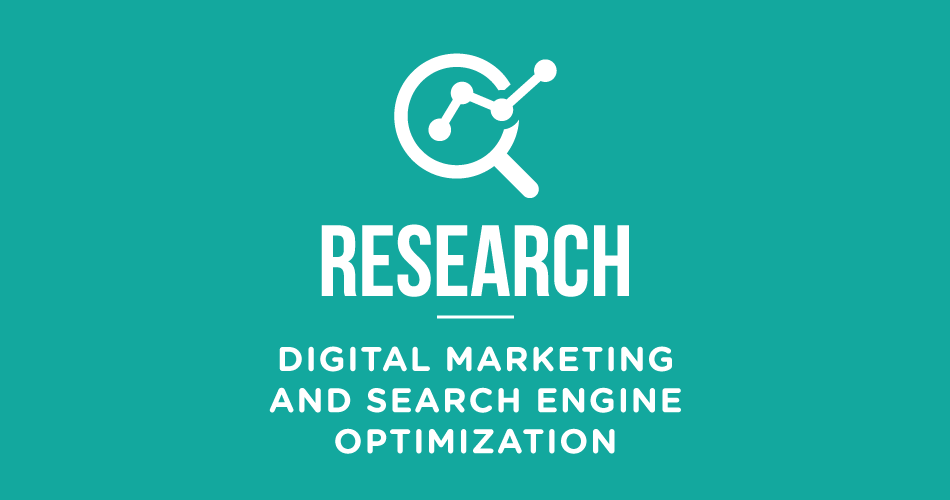In today’s competitive digital landscape, achieving a top position in search engine results can feel like an uphill battle. Yet, if you’re aiming to enhance your online presence and drive traffic to your website, understanding SERPs (Search Engine Results Pages) is crucial. In this article, we’ll dive deep into what SERPs mean, their role in SEO, and how you can leverage them to boost your digital marketing success.
What Does SERP Stand For?
SERP stands for “Search Engine Results Page.” It refers to the pages that search engines like Google, Bing, or Yahoo generate when a user inputs a query. Each SERP is unique, even for similar queries, and is determined by factors like the user’s location, browsing history, and device.
For every search query, search engines generate a list of results that include both organic and paid listings. SERPs are designed to offer the most relevant answers to a user’s search query using algorithms that take into account hundreds of ranking factors. Mastering SERP features is essential for improving your online visibility and, ultimately, your business success.
SERP in SEO: Why Is It So Important?
The connection between SERP and SEO (Search Engine Optimization) is undeniable. SERP defines where your website stands in the search results. A higher SERP ranking means better visibility and more clicks, which can lead to increased traffic, more leads, and higher conversions.
But SERPs today go beyond the traditional list of links. They now include various SERP features such as featured snippets, local packs, images, videos, and “People Also Ask” sections. Understanding and optimizing for these features can greatly enhance your SEO strategy.
Understanding SERP Components
SERPs are made up of several key elements, and understanding these will help you navigate your SEO and digital marketing efforts more effectively:
1. Initial Search Query
The words or phrases (keywords) a user enters into a search engine.
2. Organic Listings
Results that appear based on their relevance, SEO, and ranking factors, without the influence of paid advertising.
3. Paid Listings
Ads or sponsored links that appear at the top or bottom of the SERP, purchased through pay-per-click (PPC) campaigns.
Why SERP Rankings Matter for Your Business
Reaching the top positions in SERP can be a game-changer for your business. Here’s why:
- Click-Through Rates (CTR): The top result in SERP captures around 20% of all clicks, while over 90% of users never make it to the second page of results.
- Visibility: Appearing on the first page of SERPs is essential for building trust with users and establishing your brand as a leader in your niche.
- Conversions: Higher rankings lead to more traffic, which means more opportunities to convert visitors into paying customers.
How to Improve Your SERP Ranking
Achieving a higher ranking on SERPs doesn’t happen overnight, but a well-structured SEO strategy can help you climb the ranks. Here are key steps to improving your SERP position:
1. Choose the Right Keywords
Targeting the right keywords is the foundation of your SEO strategy. Focus on long-tail keywords, which are more specific and less competitive. For example, instead of trying to rank for “cheap flights,” try “affordable flights to Europe in summer.” Long-tail keywords often have higher conversion rates because they match users’ search intent more closely.
2. Optimize for SERP Features
SERP features such as featured snippets, image carousels, and local packs are valuable real estate. By optimizing your content to appear in these features, you can increase visibility even without ranking first. Tools like Semrush can help you track and identify opportunities to rank for these features.
3. Enhance Content Quality
Content is king. To improve your SERP ranking, your content must provide value. It should be engaging, well-structured, and informative. Ensure it answers users’ queries in a clear and concise way. High-quality content also improves your chances of appearing in rich snippets and other SERP features.
4. Optimize Your Website for Mobile and Speed
Google’s mobile-first indexing means that if your site isn’t optimized for mobile devices, your SERP ranking could suffer. Make sure your site is responsive and loads quickly to provide a better user experience and reduce bounce rates.
5. Utilize SEO Tools
SEO tools such as Google Search Console, Semrush, and Moz can help you track your SERP performance, find keyword opportunities, and analyze your competitors. Regular monitoring allows you to make data-driven decisions that will help you stay ahead in the SERPs.
What Are SERP Features?
SERP features are any elements on a search results page that are not traditional organic listings. Examples include:
- Featured Snippets: Direct answers to queries displayed at the top of the SERP.
- People Also Ask: A box showing related questions users commonly search for.
- Local Packs: Listings for local businesses, often with maps and contact information.
- Images and Videos: Media content that matches the user’s query.
- Reviews and Star Ratings: Shown alongside business or product listings.
How to Find and Analyze SERP Feature Opportunities
Finding and analyzing SERP features is key to identifying where you can gain an edge over competitors. Here’s how you can do it:
1. Use SEO Tools
Tools like Semrush and Ahrefs provide detailed SERP feature tracking and can help you identify which features appear for your target keywords.
2. Optimize for Specific Features
For example, to appear in a featured snippet, create concise and clear answers to common questions related to your business.
3. Track Progress
Continually monitor your SERP rankings and adjust your strategy to target specific features where you see opportunities for growth.
How to Do SERP Analysis
SERP analysis is the process of evaluating search engine results for specific keywords to understand why certain pages rank higher than others. Here’s how you can conduct a SERP analysis:
1. Identify Competitors
Search your target keywords and make note of the top-ranking competitors.
2. Analyze On-Page SEO
Look at factors like keyword usage, content length, and structure.
3. Evaluate Off-Page Factors
Analyze backlinks and domain authority to understand why these sites outrank others.
4. Check SERP Features
See which features dominate the SERP for your keywords, and consider how you can optimize to appear in them.
How to Maintain Your SERP Ranking
Achieving a high SERP ranking is only the first step. Maintaining that position requires ongoing efforts such as content updates, keyword monitoring, and adapting to algorithm changes. For a deeper dive into how you can keep your website ranking consistently high, you can read more on our blog, where we cover detailed strategies and tips to sustain your SERP success.
Conclusion
Understanding and optimizing for SERPs is crucial to your digital marketing success. By focusing on the right keywords, optimizing for SERP features, and consistently improving your content, you can boost your website’s visibility and drive more traffic. SEO is a long-term investment, but with a clear strategy and continuous effort, your site can rise to the top of the search engine results pages.
If you need professional help with your SEO strategy and SERP optimization, TrafficBox is here to help. Our expert team can guide you through the complexities of SEO, ensuring your website is poised for long-term success.












